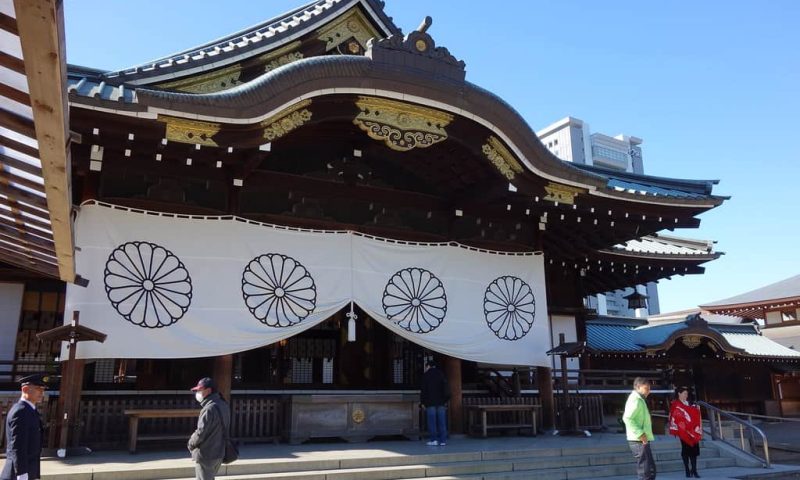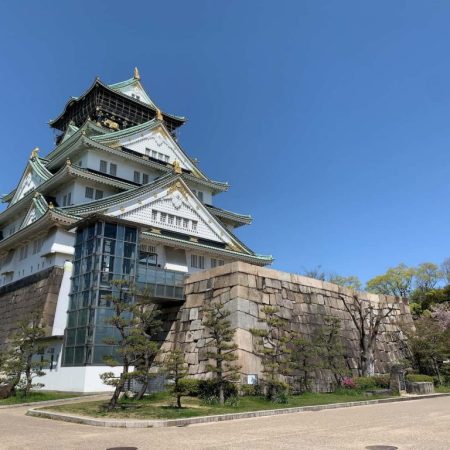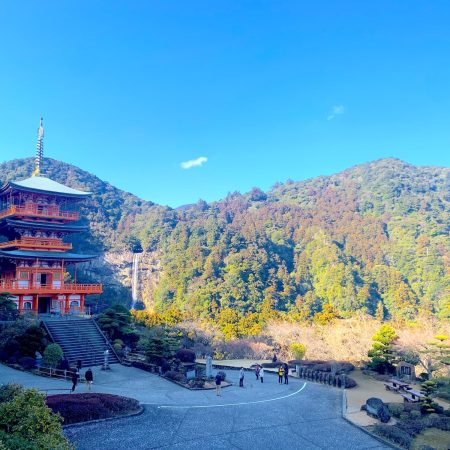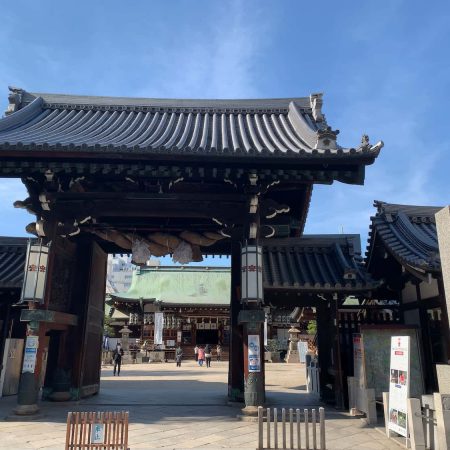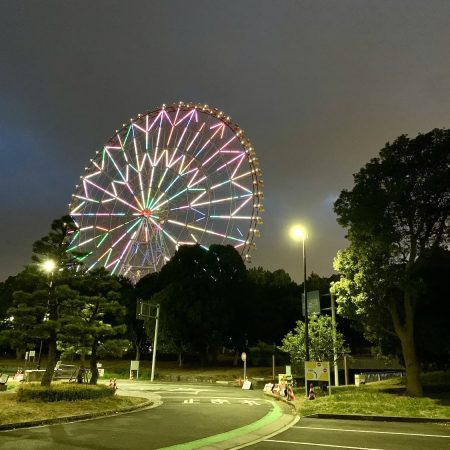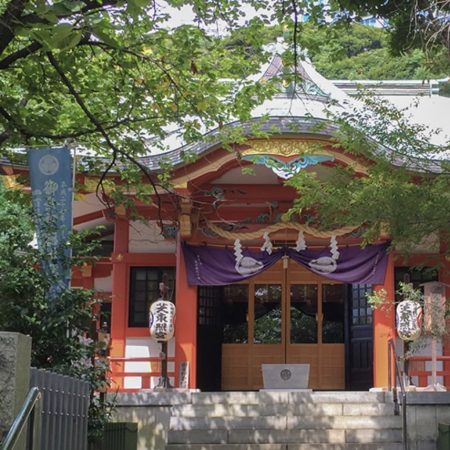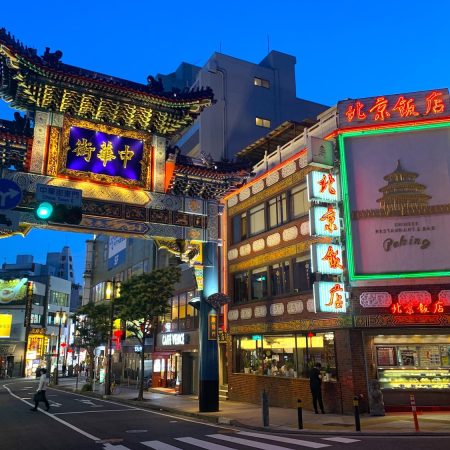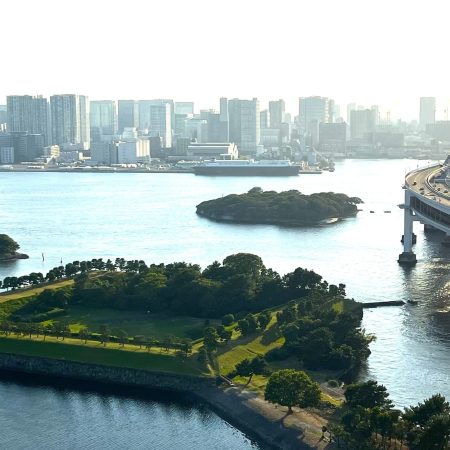Known for Honoring Japan’s Fallen Heroes and Controversial Past
The Yasukuni Shrine, located in Chiyoda City, Tokyo, is an awe-inspiring Shinto shrine that serves as a memorial for those who sacrificed their lives for their country during times of conflict. This shrine commemorates over 2.5 million individuals who supported Japan in various ways throughout the years, including soldiers, factory workers, and even animals.
Founded in 1869 by Emperor Meiji, the Yasukuni Shrine has strong ties to the Japanese Imperial family, making it both a place of worship and a war memorial. It serves as a solemn and respectful place to honor the brave souls who lost their lives in various wars such as the Boshin War, the Seinan War, World War I, the Manchurian Incident, the China Incident, and World War II.
Despite its significance, the Yasukuni Shrine has become a source of controversy in recent years, with some viewing it as a divisive symbol of Japan’s past militarism. Nonetheless, it offers an opportunity to learn about Japan’s complex history and pay respects to those who made the ultimate sacrifice for their country.
The shrine is unique in its enshrinement of not only human souls but also animals, weapons, and other objects used or sacrificed in war. A museum within the shrine displays over 100,000 items such as swords, guns, tanks, planes, ships, uniforms, medals, documents, and photographs.
The gardens surrounding the shrine provide a peaceful and serene environment for visitors to reflect on the significance of the shrine. The Shinchi Teien, a pond garden, Nohara Teien, a field garden, and Chidorigafuchi Teien, a moat garden, are among the breathtaking gardens that visitors can explore.
Despite its controversy, the Yasukuni Shrine remains a significant site for Japanese culture, reflecting the complexities of war responsibility, historical revisionism, patriotism, pacifism, and reconciliation with neighboring countries. Whether you’re a domestic or foreign tourist, a visit to the Yasukuni Shrine is an opportunity to learn more about Japan’s rich history and honor those who lost their lives in service to their country.

